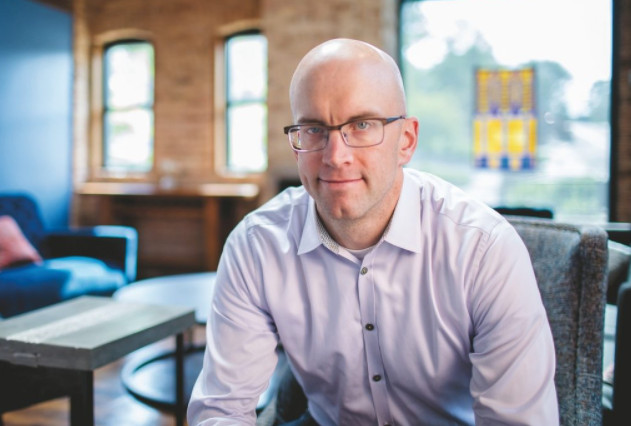In recent years, one thing I have felt convicted about is my continual pursuit of more learning. Admittedly, this sounds silly on the surface. Undoubtedly, learning can’t be a bad thing, right? The reality that I’ve discovered, however, is that there are two dangers in continual learning.
First, it can lead to pride. This can lead you to believe that your self-worth is tied to reading books, listening to podcasts, or learning from Ted talks. It might even tempt you to think that you are superior to those who fail to read or pursue improvement. None of these attitudes are healthy for a leader.
Secondly, and more to the point of today’s post, continual learning keeps one moving from one thing to the next. There are always more books, podcasts, and potential pathways to self-improvement, especially in our current information age. But what happens when “more” is just that — more? In other words, what happens when the information just stays as information?
Application
I am passionate to continue learning. But I’m also passionate about ensuring that my learning is accompanied by some application of what I’ve learned.
I use the qualifier “some” intentionally because not all information needs to be actionable. For example, I might read a book on a subject like bald eagles just to learn a few things about them and to engage in a subject that interests my 11-year-old son. Of course, this doesn’t mean I need to apply the learning directly and become a zoologist.
But there are areas in my life, like leadership development, where I need to be a little more disciplined in terms of what I am applying. To do this, I need to remember, reflect, and respond. I’ll show you how to do this below using my blog homepage.
Remember
This post is the 13th I’ve published since the start of 2023. I have covered a variety of topics that one can review by quickly scrolling. Does one jump out? For example:
New Year, Same Old Mechanic (Spirituality)
My New Year Promise (3 questions to start the new year)
One More Question for A New Year, New Perspective (Attitude)
The point of remembering is to reengage your mind on the material you have previously learned.
Reflect
Here is where you go deeper. It is also where you have to look within yourself. The question is, what jumps out at you? I heard the most feedback from readers about this post: The False Self Series, Part 6: Beating Myself Up about the Past. Maybe this post spoke to you? The point here is to listen to your gut, reread what jumps out, and reflect on how you need to implement it.
Respond
After remembering and reflecting, here is where you apply the material. If you chose the post about beating yourself up, one application could be to find an accountability partner that you can meet with weekly. For example, I meet twice per month with my accountability partner and one of the areas I report on is how I talk to myself about myself. I’ve discovered that trashing myself indicates a lack of faith because my negative self-view of the past doesn’t align with Jesus’ current view of me.
While I have used my blog as an example today, you can use the remember, reflect, and respond technique on just about any material you are studying. The point of today’s post is to encourage you to do so. This ensures that your head knowledge becomes heart knowledge, and I believe this will help you on your journey of becoming the kind of person others will want to follow.

